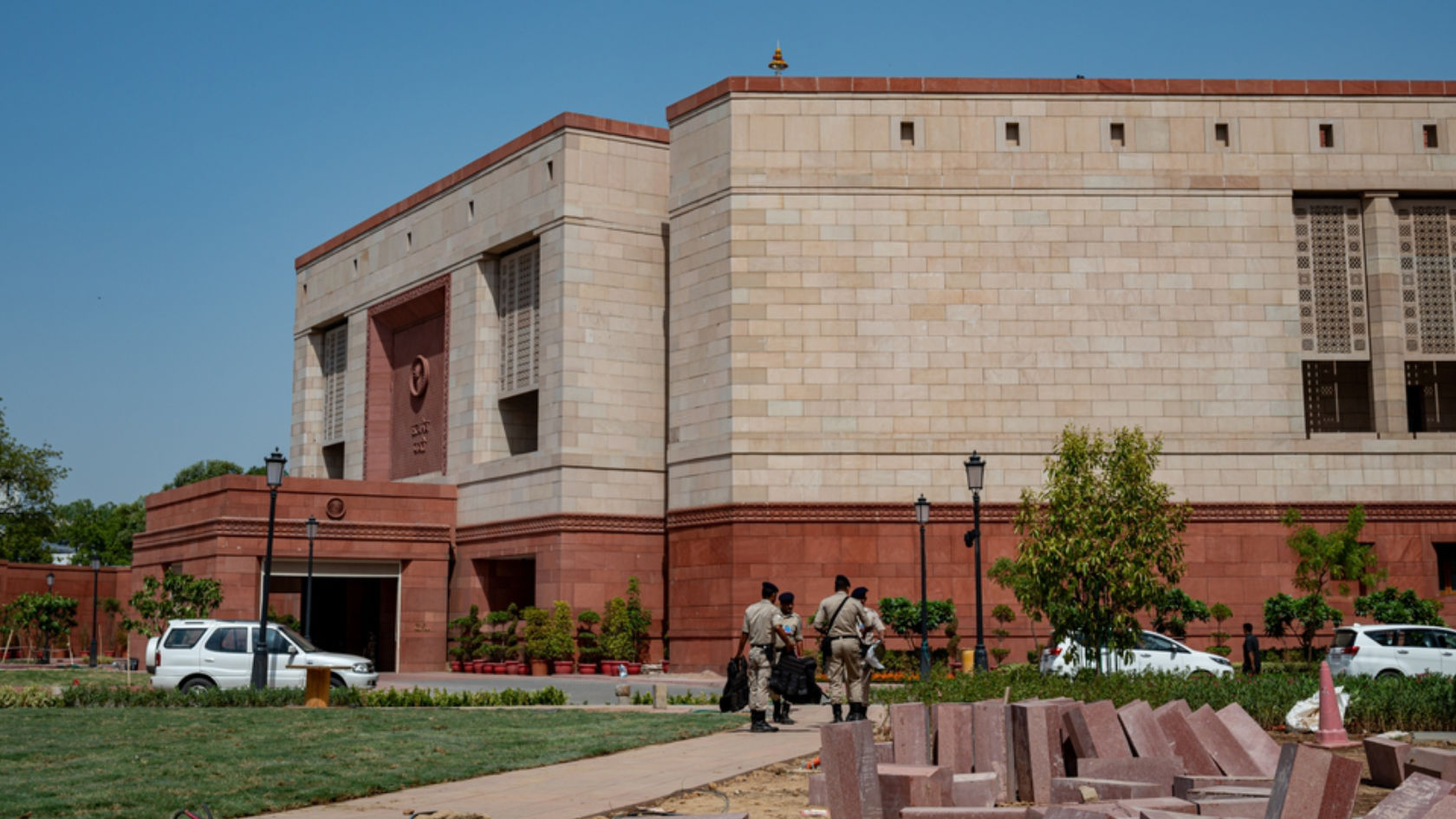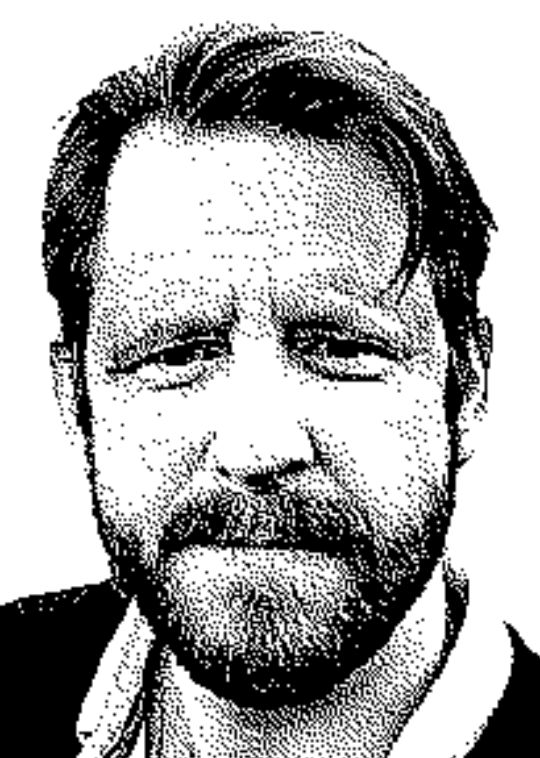“A colonial ruler in trouble”

Nicolas Martin, what does Europe stand for in India nowadays?
Nicolas Martin: Europe represents well-developed economies. It is seen as an important trading partner with a lot of purchasing power. It’s a place where companies want to sell their products, and there’s strong interest in European investment in India. But my impression is also that people in India don’t believe that the future lies in Europe. This sentiment also applies to other countries in Asia, by the way. People there have a great desire for things to get better. But through the lens of India, it seems things seem to be getting worse. The US, in contrast, looks very appealing. Many highly skilled IT workers are emigrating to the US. Incidentally, the Indian diaspora is the largest in the world, at 35 million people.
You said that for India, the future doesn’t lie in Europe. Why is that?
Martin: People’s perception of the United Kingdom plays a crucial role here. They can see that their former colonial ruler is now in big trouble. Of course, they don’t automatically assume that the UK’s problems are the same as Europe’s. But still, from an Indian perspective, Europe is seen as the Old Continent.
What role does colonial history play in Indo-European relations?
Martin: I think it is used as a tool to deflect any European criticism, for example about India’s treatment of Muslim and other minorities, or about the country’s cooperation with Russia. India is very sensitive if it feels it is being patronized by Europe. People believe that Europe’s history of colonialism provoked wars all over the world and resulted the conquest of countries and the exploitation and enslavement of people That’s why from India’s point of view, Europe is in no position whatsoever to judge others.
According to a recent study by the European Council on Foreign Relations, India – in sharp contrast to Europe – considers Russia to be an ally and has a favorable view of Donald Trump’s presidency. What do you make of this?
Martin: India has long followed a policy of non-alignment, and it won’t tie itself to Europe or the US in the future. Back in 1947, when the country gained independence from Great Britain, then Prime Minister Jawaharlal Nehru said that they would not align themselves with the Soviet Union or capitalist America. He chose a third path. And this still holds true today in the case of Russia. India buys Russian crude oil, refines it and sells it on to us, but reacts very sensitively to European criticism. They then say: “Don’t be patronizing – you’ll buy our refined oil anyway!”
How do Europeans respond to this?
Martin: For Europe, this is of course a tricky issue. On the one hand, there’s a strong desire to have a friend in Asia, and there’s hope that India might be that friend. At the same time, it’s very sensitive because many Europeans are critical of the Hindu nationalist policies of Prime Minister Narendra Modi. I can imagine that, for strategic reasons, European politicians will increasingly refrain from voicing their concerns.

From India’s point of view, Europe is in no position whatsoever to judge others.
How do you see India’s future relations with Europe?
Martin: I think India will continue to be heavily dependent on Europe and the US. One reason for this is that the country is surrounded by enemies. On the one hand, there’s India’s historic enemy Pakistan, with whom it shares one of the most heavily militarized borders in the world. This also means that trade routes, for example to Iran, are blocked. India’s relations with Bangladesh have deteriorated significantly in recent years. China remains an important trade partner, but the country’s relations with China remain fraught. We have to understand that India has big ambitions. In economic terms, it surpassed the UK in 2022 and will soon be one of the world’s top three economies. But it also takes good trading partners to achieve this. That’s why Europe and the US will remain important.
Where do you see potential for European relations with India, and vice versa?
Martin: I think relations will definitely get deeper, regardless of what happens. For example, Europe needs highly skilled engineers and IT specialists from India. This area will certainly increase. On the other side, India hopes that they will be able to benefit from European companies outsourcing their work, which is what happened in China in the 1990s. India will play an increasingly important economic role, and the potential for successful cooperation is generally great. But we must also be aware that India will never fully open its economy to foreigners. For example, European or US businesses investing in India will never be given a controlling stake. So there will always be certain limitations here. Another potential barrier to cooperation is the excessive criticism of India’s domestic and foreign policies that I mentioned earlier.
Where do you see opportunities for scientific cooperation between Europe and India?
Martin: Scientific cooperation with India is very important and will continue to increase, especially in the fields of natural sciences, technology and medicine. The Indian Institutes of Technology, for example, produce highly regarded engineers, who then go on to join organizations such as NASA or Google. In the past, this outflow of highly skilled workers was viewed negatively as a brain drain, but this attitude has since changed. Today, India sees itself as a “brain bank” and believes that it will ultimately benefit from the international network created by its departing specialists, as work will eventually flow back to India.
What about cooperation in the arts and social sciences?
Martin: It’s a bit more complicated in this area, as things get political quickly. The government is pressuring researchers who adopt a critical stance toward Hindu nationalism and the rule of the Bharatiya Janata Party. But this affects all researchers. There are signs that Indian scientists are concerned about their career prospects and that scientists from abroad worry that they won’t be able enter the country to conduct research.